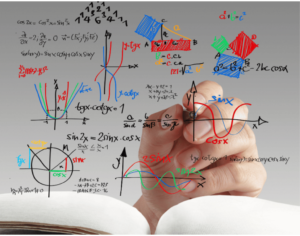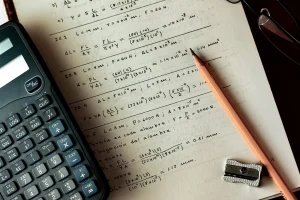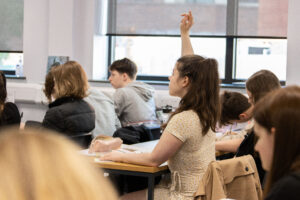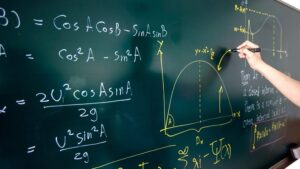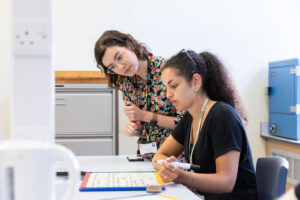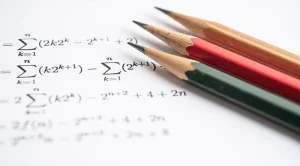Is it the study of patterns? Or is it a way of making new relationships between ideas such as graphs and algebra? Do you see mathematics as a human activity that forms part of our culture? Perhaps it is a way of illuminating the relationships we see in the world around us. Familiar topics such as Algebra and Functions, and Co-ordinate Geometry are studied alongside new topics including Logarithms, a wider view of Trigonometry, and Differentiation and Integration together known as Calculus. We add new topics such as Numerical Methods and an extension of Vectors which you may be familiar with from GCSE.
Alongside these areas of Pure Mathematics you will study:
MECHANICS – The mathematics used to study the physical world, modelling motion of objects and the forces acting on them. This includes Newton’s First, Second and Third Laws.
STATISTICS – This involves data presentation and probability, both of which follow on from topics at GCSE. This leads to the study of statistical distributions with special properties such as the Normal Distribution.

